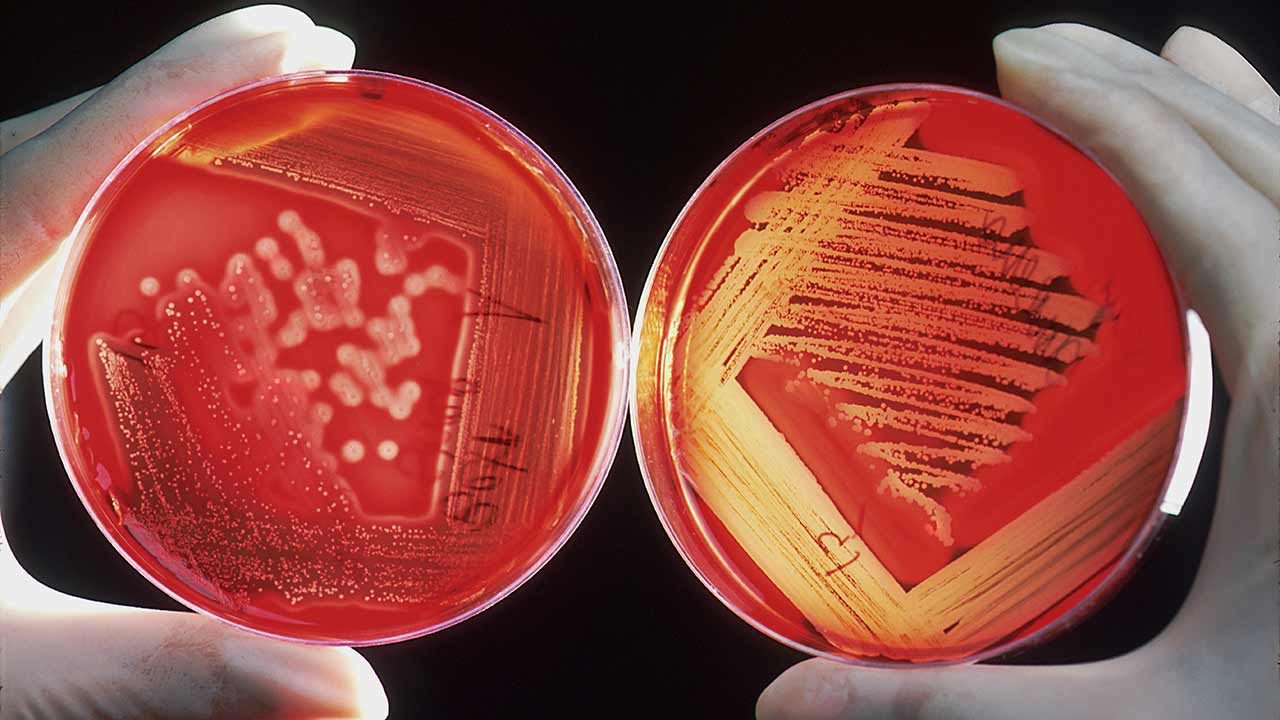CBD and CBDV Study Shows Rapid Knockout Power Against Fungi
Summarize

The results of a recent Macquarie University study demonstrated that CBD (cannabidiol) and CBDV (cannabidivarin) can effectively combat fungal infections that include Cryptococcosis. Published in the June 2025 issue of the The Journal of Neglected Tropical Diseases, the focus was put on Cryptococcosis because it is on the World Health Organization’s (WHO) list of Critical Priority pathogens and can cause life-threatening meningitis. The clinical project also tested the phytocannabinoids on 33 other fungal pathogens and found they killed a range of dermatophytes that are responsible for common skin infections.
Cryptococcosis is increasingly developing antifungal resistance. People who are immunocompromised are particularly susceptible to the fungus and its ability to cause life-threatening meningitis. There is limited clinical development of new antifungal drugs, and it takes years to produce them, so the researchers chose to investigate natural phytocannabinoids. The researchers conducted lab-based in vitro experiments, meaning in a controlled environment outside a living organism, and in vivo experiments, meaning within a living organism, to evaluate the fungicidal potential of CBD and CBDV.
CBD and CBDV were effective against several fungi. The phytocannabinoids killed the fungi that cause common infections like jock itch and athlete’s foot. They killed the Cryptococcosis neoformans fungus within 30 minutes compared to four hours for the control treatment. Remarkably, CBDV was effective against all nine strains of Cryptococcus tested. The reason appears to be that the phytocannabinoids disrupt biofilms, altering fungal cell morphology, interfering with metabolic pathways, and damaging membrane integrity.
The study also incorporated an insect model to test in vivo performance. Infected larvae treated with CBD exhibited survival rates similar to uninfected controls, indicating strong protective effects. These results suggest the cannabinoids could be viable candidates for developing new antifungal treatments, particularly given their lack of interference with other antifungal drugs tested in the study.
CBD and CBDV, and other phytocannabinoids, appear to offer high potential for treating skin fungal infections. Lead researcher Dr. Hue Dinh said,
“If we can demonstrate that these ones work well for common infections, you could actually just get some CBD oil and then rub it on your skin to treat it.”
She also points out that cannabis plants contain hundreds of natural compounds, many of which are yet to be tested for medical applications.
The study addresses an urgent need for novel antifungal agents, offering evidence that plant-derived cannabinoids may help fill the gap in effective therapies for resistant fungal pathogens to treat healthy and immunocompromised individuals. Developing a natural treatment for a fungus like Cryptococcus neoformans, which attacks the central nervous system, would save lives because meningitis has a very high mortality rate and is difficult to treat.
Share this post


0